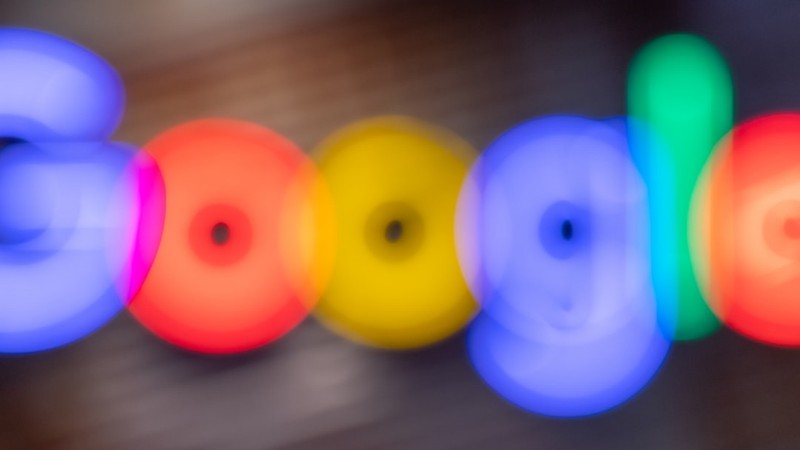
Apple, Google, and Meta must confront a series of lawsuits accusing them of profiting from illegal gambling apps that allegedly harmed users’ mental health. U.S. District Judge Edward Davila ruled that the companies cannot dismiss the cases under Section 230 of the Communications Decency Act, which usually protects online platforms from liability for third-party content.
The decision represents a major setback for the firms, as it argues that their involvement in payment processing moves beyond the role of neutral hosts. The lawsuits, first filed in 2021, seek compensatory and treble damages, though no exact figures have been disclosed.
Judge rejects immunity defense
In his ruling, Judge Davila stated that processing and facilitating payments for casino-style apps could make Apple, Google, and Meta accountable for user losses. The court determined that their financial participation disqualified them from immunity, since their activities extended to enabling the transactions that sustained the gambling ecosystem.
While consumer protection claims were dismissed in California, other states may continue to pursue such arguments. The companies are expected to appeal the decision to the Ninth Circuit Court of Appeals.
Legal experts note that this case could set a precedent for how far Section 230 immunity extends in situations where platforms are not only distributing apps but also profiting from user engagement. Critics argue that the firms benefited by charging fees on in-app purchases, while failing to safeguard vulnerable consumers.
Some claims also highlight that casino-style gaming was promoted through advertising models such as Google Ads gambling, increasing accessibility for users at risk.
Broader implications for tech companies
The outcome of the case may have broad implications for how digital platforms handle apps that blur the line between entertainment and gambling. If courts ultimately hold the companies liable, it could reshape how app stores and social media platforms screen developers and manage in-app transactions.
Observers also suggest that stricter rules around payment processing and oversight of PPC gambling ads may follow, with regulators watching closely for consumer protection violations.
The three tech giants have not yet provided detailed public responses, but their legal teams argue that responsibility should lie primarily with app developers. For plaintiffs, however, the focus remains on how the firms allegedly profited from activities that some courts have likened to unlicensed casinos.
With growing pressure from consumer advocates and regulators, the lawsuits could redefine accountability standards for the tech industry.

